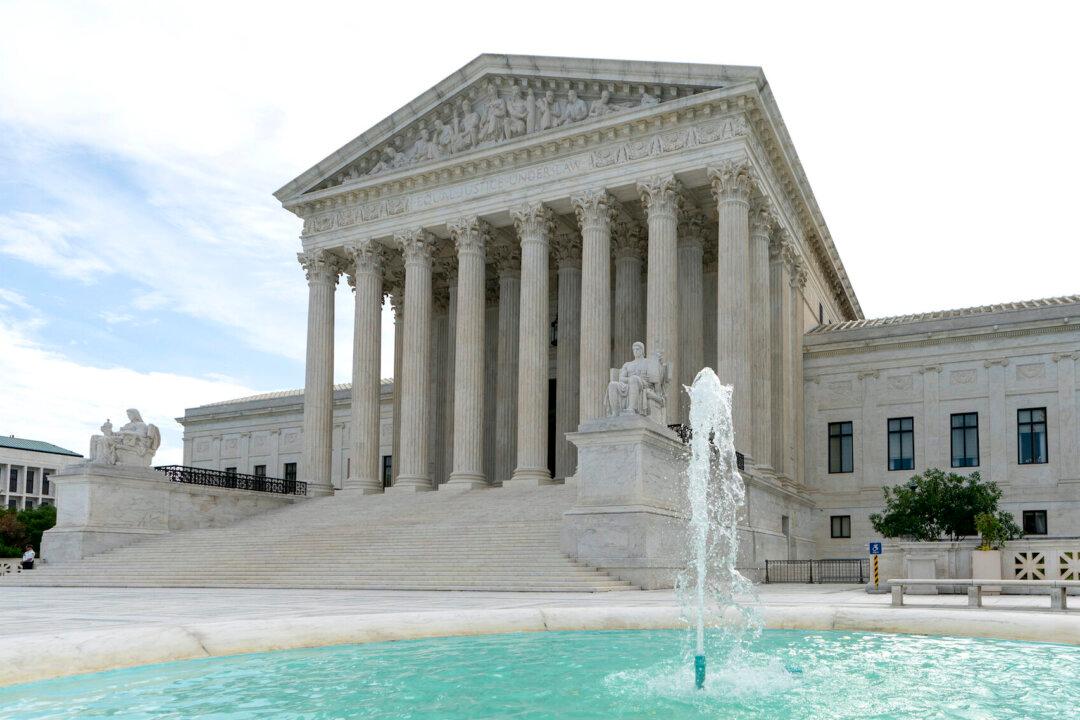The Supreme Court ruled 7–2 that the First Amendment’s Establishment Clause exempts religious organizations from employment discrimination lawsuits and from a requirement to provide contraceptive coverage to their employees.
Both rulings are victories for the Trump administration.





